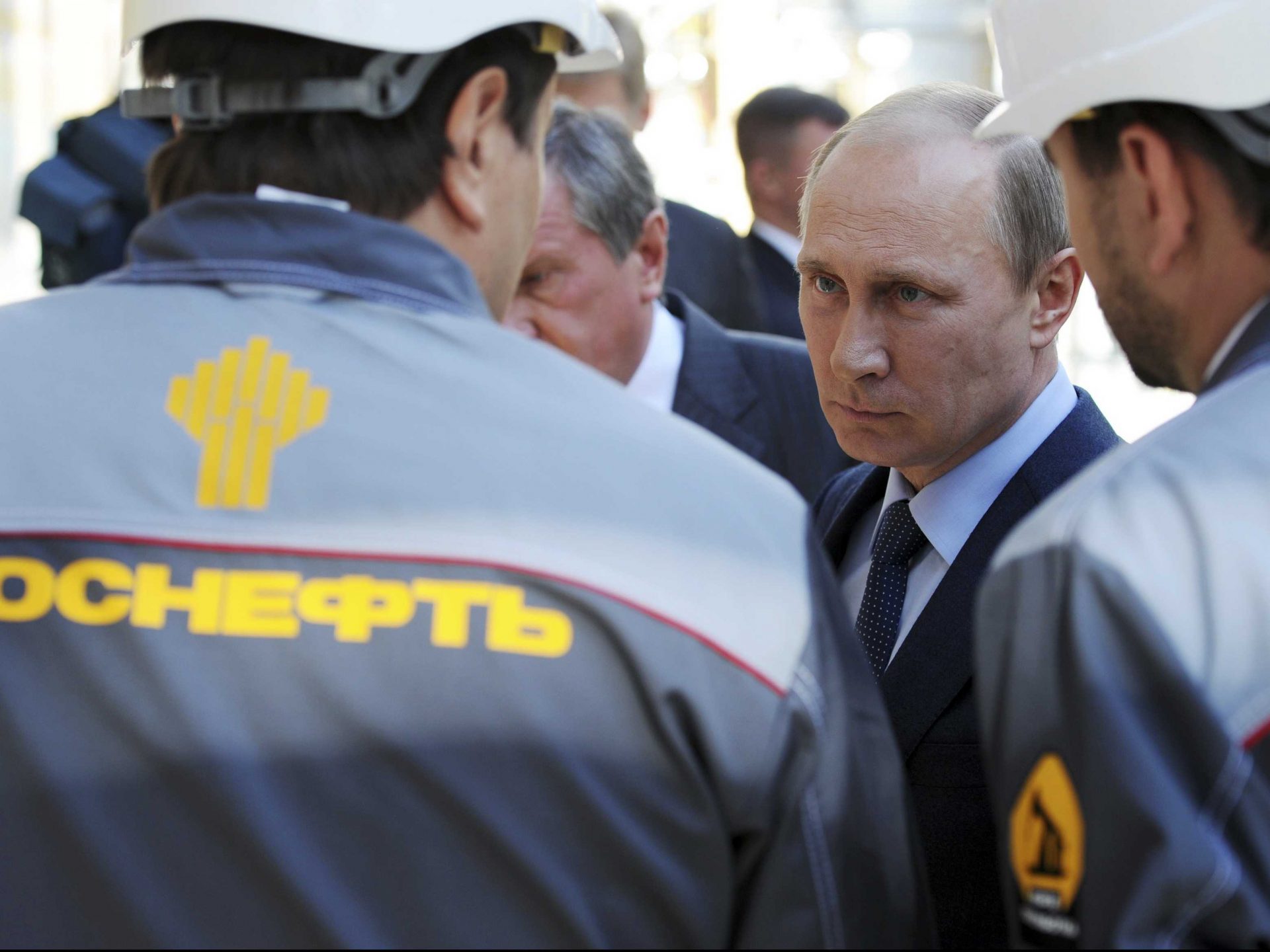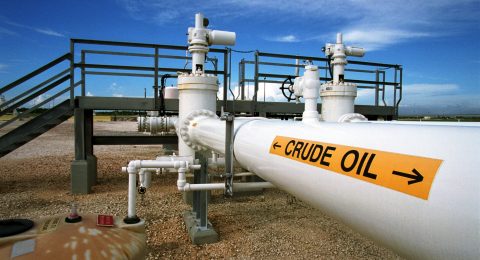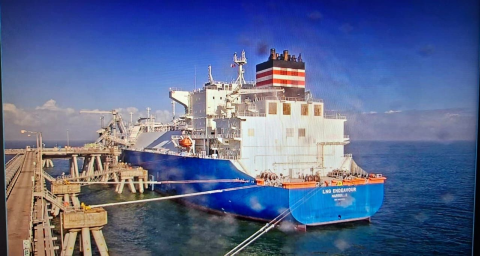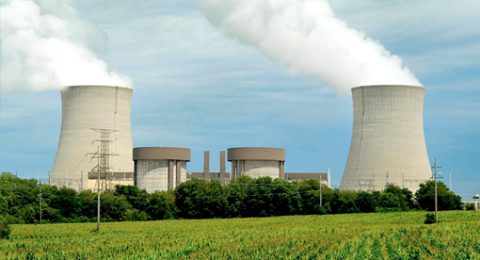Russia’s largest oil producer Rosneft plans to increase oil deliveries to European customers via the Druzhba pipeline to 28.7-29mmt/year in 2016, or by 3% to 5% year on year, as part of its strategy to strengthen its market standing, a company representative said, according to Sputnik News. The plans call for raising oil exports to Germany, Poland, and the Czech Republic, Reuters reported.
Rosneft signed additional agreements with Poland’s PKN Orlen and Grupa Lotos S.A. in December 2015 and January 2016, respectively, under which it will increase oil deliveries to PKN Orlen by 2.4mmt to 8.4mmt/year, and raise oil deliveries to Grupa Lotos S.A. by 300,000mt to 2.8mmt/year. In addition, the company has also signed a two-year contract to deliver 4.8mmt of oil to Total Oil Trading S.A. (TOTSA) facilities in Germany annually.
Meanwhile, Rosneft is awaiting a European court ruling on what it claims are illegitimate EU and US sanctions imposed on Moscow in 2014, linked to Russia’s involvement in Ukraine. The case may be a backdoor effort by the Kremlin to circumvent trade and business restrictions, CNBC reported quoting a principal analyst for Europe and Central Asia at the political risk analysis firm, Verisk Maplecroft, Daragh McDowell. He explained that “Moscow is desperate to undermine the sanctions regime in any way that it can, and has been pursuing legal challenges in parallel with political efforts.”
Russian companies like Rosneft have been under EU sanctions since 2014, which were introduced in an effort to heap pressure on Russia over the annexation of Crimea and for allegedly backing separatists that helped extend Ukraine’s civil war. The sanctions have blocked the oil major from foreign financing and launching joint projects with Western firms, adding strain to companies already suffering the effects of low oil prices, which have dropped around 70% from mid-June in 2014.












